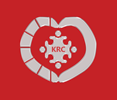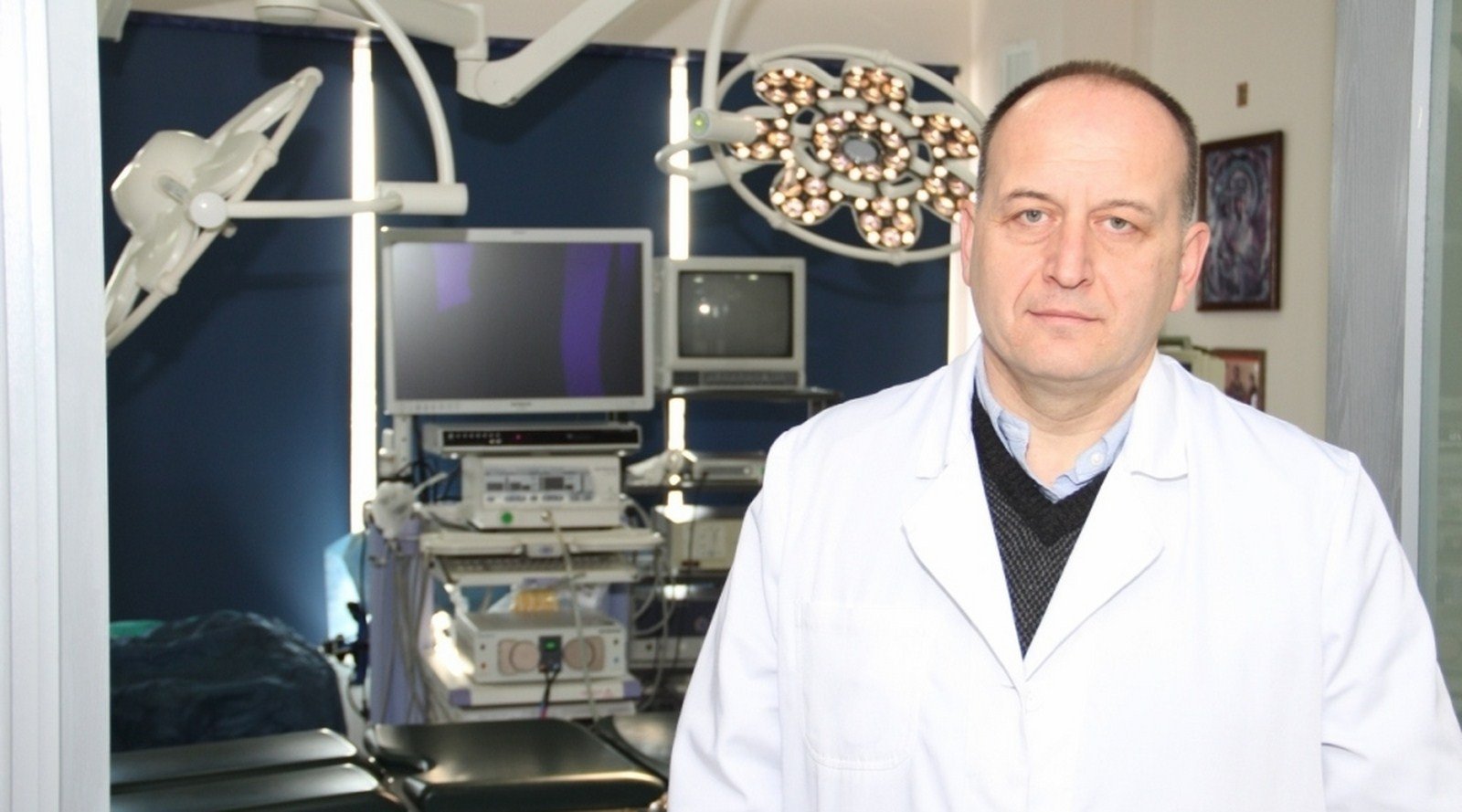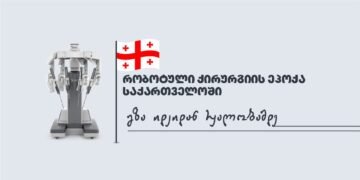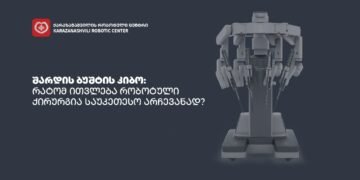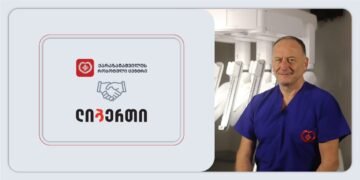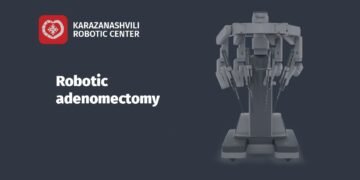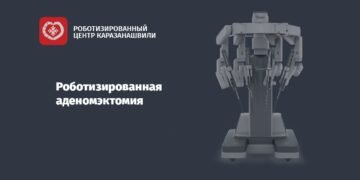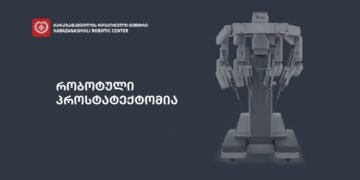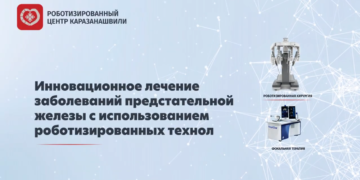After Georgian media reported on the international recognition of the surgical technique developed by Guram Karazanashvili (let me remind you that, for the first time in the history of Georgian medicine, a Georgian scientist presented his innovation at the Congress of the American Urological Association), both the clinic and Professor himself have been receiving numerous congratulations every day.
However, surprisingly, a group of Mr. Guram’s Georgian colleagues were irritated by this truly significant achievement and spread information on social networks and elsewhere claiming that Karazanashvili is a plagiarist and that the operation he performed is nothing new. Allegedly, these operations have been performed for 15 years at the Urology Center, and the American Urological Association knew nothing about this, mistakenly recognizing Karazanashvili’s operation as an innovation.
To help interested readers understand, similar types of operations have indeed been performed in many other clinics before, but Karazanashvili developed new approaches and modifications that significantly improved the surgical outcomes and reduced the risk of complications. We have reported this more than once.
However, to clarify this matter further, we asked Professor Guram Karazanashvili for an explanation:
“At Karazanashvili Robotic Center we have long been performing cystoprostatectomy and neobladder reconstruction surgeries. However, in recent years, we have developed a peritoneum-, nerve-, and prostate apex-sparing, extraperitoneal radical cystoprostatectomy technique, combined with extraperitoneal orthotopic neobladder reconstruction.
Preservation of the peritoneum during radical cystoprostatectomy and orthotopic neobladder reconstruction, according to several publications, reduces the duration of hospitalization, leads to faster postoperative recovery, and results in fewer intestinal complications. Urinary incontinence and impotence after radical cystoprostatectomy are significant factors that worsen the patient’s quality of life. Standard nerve-sparing techniques are widely used in radical prostatectomy and cystectomy, yet they often fail to preserve erectile function. Quality of life itself is an independent prognostic factor for postoperative patient survival. Therefore, further improvement of the surgical technique for radical cystectomy is very necessary. Our goal was to simultaneously use several modified, organ-preserving surgical techniques during radical cystoprostatectomy aimed at reducing postoperative bowel complications, improving urinary continence, and reducing postoperative erectile dysfunction.
It is true that extraperitoneal techniques have existed before. I have never claimed anyone else’s discovery as my own. I would also note that the extraperitoneal technique was first introduced by Mandhani (2010) and Park (2014), so the rights of my Georgian colleagues, who simply repeated these authors’ techniques in 2016, are in no way violated.
I especially want to emphasize the postoperative complications—impotence and urinary incontinence—the risk of which is minimized with my technique, whereas my Georgian colleagues consider these complications practically insignificant. In fact, these indicators are very important for the patient’s postoperative quality of life and, one might say, even vital.
Acceptance of our scientific video by the American Urological Association confirms that inventing new techniques is truly important!
Presentation and screening of this scientific video at the American Urological Association Congress proves that the goal we set is absolutely correct and highly relevant!
The video describes a surgical operation performed on a 58-year-old man with muscle-invasive bladder cancer affecting the lateral bladder wall. The man is sexually active and very interested in preserving his sexual function, as well as in orthotopic neobladder reconstruction.
The video clearly shows that all the presented surgical innovations were applied in the course of a single operation, rather than in separate procedures, which makes it much more complex.
The video describes the simultaneous use of several innovative and personally modified surgical techniques within one operation. These techniques include:
Retrograde cystoprostatectomy
Extraperitoneal cystoprostatectomy
My modification of the nerve-sparing technique
My modification to improve urinary continence
My modification of neobladder extraperitonealization
Thus, the video covers a set of five different surgical techniques applied simultaneously. As for my Georgian colleagues’ work, they discuss only 2–3 of these five techniques—mainly focusing on extraperitonealization and retrograde cystoprostatectomy. Whereas I address preservation of erectile function and urinary continence together with extraperitonealization and retrograde cystoprostatectomy—and I apply all these techniques in my own modified form.
The presentation’s conclusion states:
The simultaneous use of several modified, organ-preserving techniques within a single radical cystoprostatectomy operation is possible. This may lead to improved postoperative survival of patients due to reduced intestinal complications and improved quality of life thanks to better sexual function and urinary continence.
Recognition of this conclusion by the American Urological Association means that combining several of my modified and organ-preserving techniques within a single operation truly constitutes an innovation. And such an innovation was discussed alongside new robotic techniques.
Recognition of this conclusion by the American Urological Association also means that the set of techniques I proposed may improve patient survival.
It is disappointing that when foreign colleagues publicly recognize my discovery and innovation, my Georgian colleagues react this way to this success. This is not just my personal achievement—it is a success for all of Georgia and Georgian medicine. I will continue my scientific and practical work. With collegiality and clear thinking, we could do much more for our country, but unfortunately, many do not understand this.”
